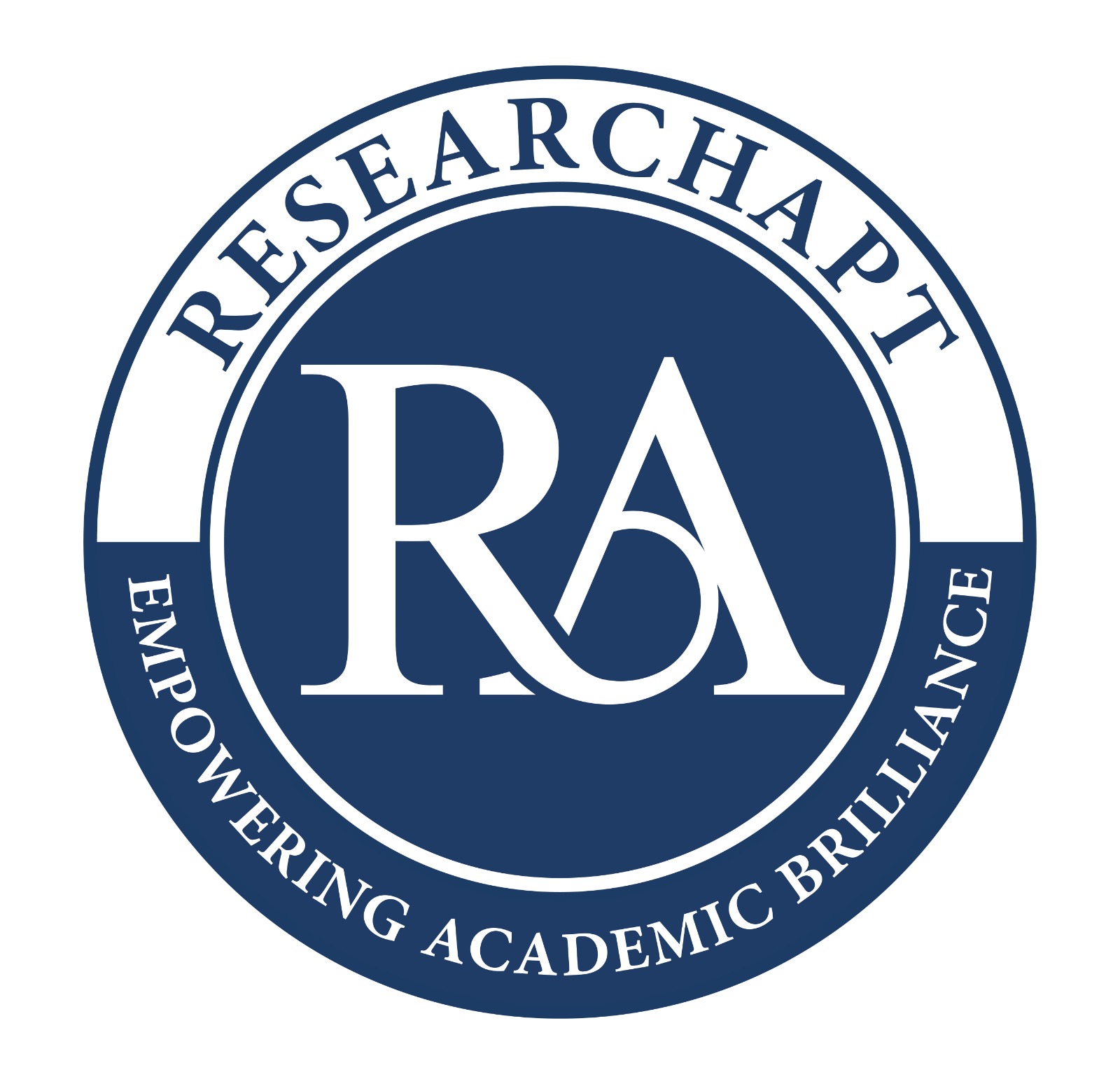Eco-Centric Leadership and Green Innovation Behavior in Hospitality Industry: The Mediating Role of Psychological Green Climate and the Moderating Role of Environmental Self-Efficacy
DOI:
https://doi.org/10.70291/stbr.3.1.2025.37Keywords:
Eco-Centric Leadership, Green innovation behavior, Psychological green climate, Environmental self-efficacy, Hospitality sustainabilityAbstract
In response to the growing urgency of sustainability in the service sector, this study investigates the role of eco-centric leadership in promoting green innovation behavior among employees in the Sri Lankan hospitality industry. Drawing on social exchange theory and social cognitive theory, the study examines the mediating role of psychological green climate and the moderating role of environmental self-efficacy. Data were collected through a structured questionnaire from 237 employees working in environmentally certified hotels and resorts. Using Partial Least Squares Structural Equation Modeling (PLS-SEM), the study found that eco-centric leadership significantly predicts both green innovation behavior and psychological green climate. Psychological green climate showed a positive direct effect on green innovation behavior and partially mediates the relationship between eco-centric leadership and green innovation behavior. However, the expected moderating effect of environmental self-efficacy on the psychological green climate and green innovation behavior link was not supported. This study contributes to the sustainability leadership literature by unpacking the psychological mechanisms through which leadership affects pro-environmental behavior. Practically, the findings urge managers to balance green policies with autonomy and foster leadership that both models and enables sustainable innovation. The study aligns with Sustainable Development Goals (SDGs), reinforcing the need for behaviorally driven approaches to environmental transformation in the hospitality sector.



